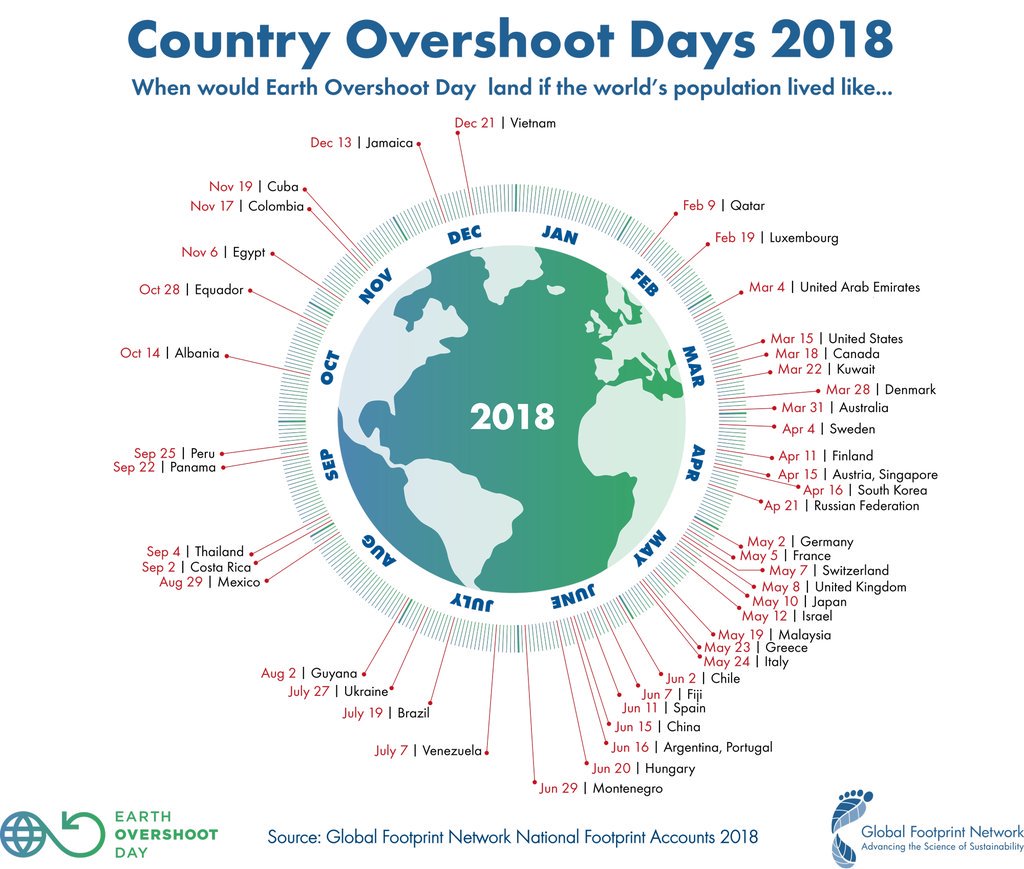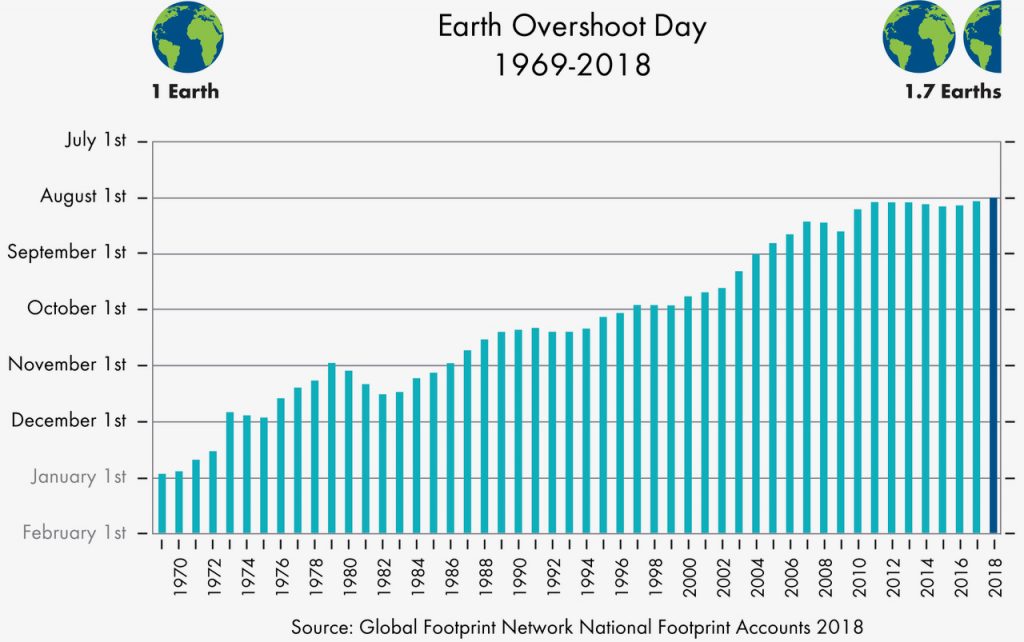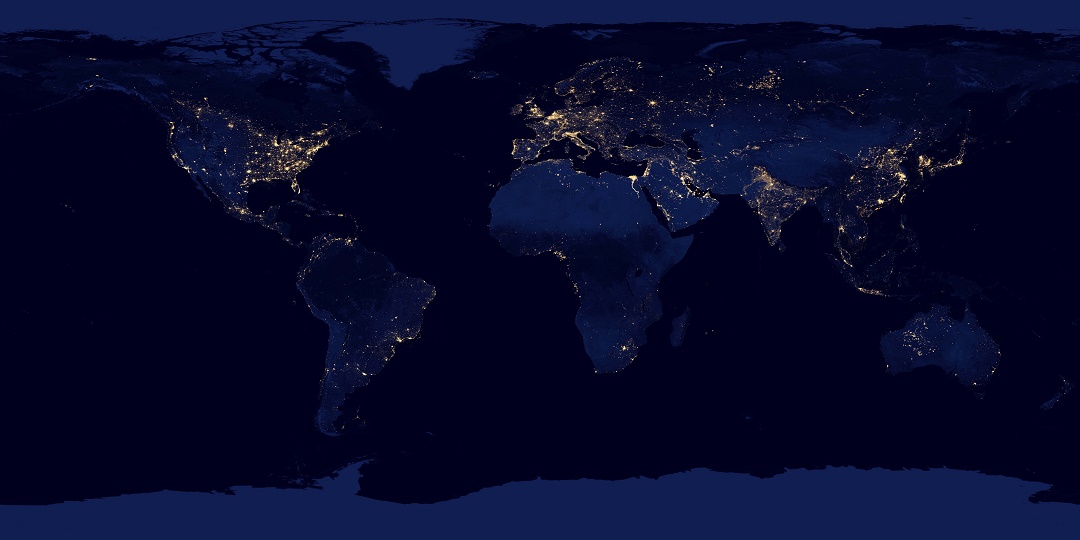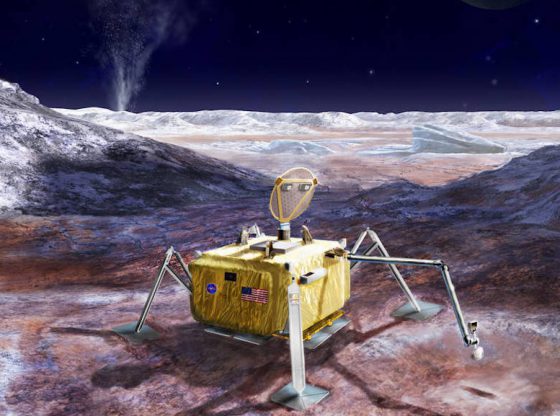
In 2018, Earth Overshoot Day has been estimated to fall on August 1. From today onwards, we’ll be living on a “loan”, that is, irreversibly draining resources which the planet is unable to regenerate.
August 1st, 2018 is not just the first day of a new month. It is also Earth Overshoot Day. This day marks that day of the year when we have consumed the natural resources that our soil can produce in a year. So from today until the turn of the year we live on borrowed natural resources.
Globally, we live as if we had 1.7 planets available, according to new estimates from the Global Footprint Network and the World Nature Fund.

Each year, Earth Overshoot Day comes earlier. The estimated date for 1970 was December 31. In 1993, it was October 21. Then in 2004, September 1. Humanity is now using up the Earth’s resources almost twice as quickly as in the 1970s: in 1970, the planet’s ability to regenerate its resources and to absorb greenhouse gases was equivalent to the speed at with these resources were consumed over a twelve-month period. Today, these resources are drained after just 7 months.
“We are using the Earth’s future resources to operate in the present and digging ourselves deeper into ecological debt,”
“Our economies are running a Ponzi scheme with our planet,”
“We are using the Earth’s future resources to operate in the present and digging ourselves deeper into ecological debt. It’s time to end this ecological Ponzi scheme and leverage our creativity and ingenuity to create a prosperous future free of fossil fuels and planetary destruction.”
– Mathis Wackernagel, CEO of the Global Footprint Network, said in a United Nations Climate Change press release.
The Global Footprint Network and the World Food Fund have analyzed data from the UN about how many we are on Earth and how much resources we spend. They have then compared to how much resources nature can rebuild.
There are ways that we can consciously move the date farther along the calendar, and the Global Footprint Network names four key solutions to this resource problem:
• Cities: If we reduce driving by 50% around the world and replace one-third of car miles with public transportation and the rest by walking and biking, we can move the day back 12 days.
• Energy: Reducing the carbon component of humanity’s Ecological Footprint by 50% would move the date 93 days.
• Food: If everyone in the world cut food waste in half, reduced the Footprint intensity of their diets, and consumed world-average calories, we would move the day 38 days.
• Population: If every other family in the world had one less child, we would move Overshoot Day 30 days by 2050.











![OpenAI. (2025). ChatGPT [Large language model]. https://chatgpt.com](https://www.illustratedcuriosity.com/files/media/55136/b1b0b614-5b72-486c-901d-ff244549d67a-350x260.webp)
![OpenAI. (2025). ChatGPT [Large language model]. https://chatgpt.com](https://www.illustratedcuriosity.com/files/media/55124/79bc18fa-f616-4951-856f-cc724ad5d497-350x260.webp)
![OpenAI. (2025). ChatGPT [Large language model]. https://chatgpt.com](https://www.illustratedcuriosity.com/files/media/55099/2638a982-b4de-4913-8a1c-1479df352bf3-350x260.webp)








